Choosing the appropriate programming language is a critical step in the process of beginning a software development project let it be an Android application development or an IOS app. It is equivalent to selecting the ideal tool for the job, as each language has unique features, benefits, and limitations. Before starting development, evaluate project requirements, team expertise, scalability, compatibility, and community support. This first phase establishes the framework for success by pointing businesses to the language that is best suited to efficiently achieve their vision and goals. With rigorous research and informed decision-making, organizations can confidently embark on their development journey, knowing they’ve chosen the ideal language for their project.
Kotlin and Java are the two versatile languages used for program development, choosing between Kotlin and Java is a critical decision for businesses launching software development endeavours. Kotlin and Java, as two prominent programming languages in the field of Java Virtual Machine (JVM)-based development, offer a variety of advantages and fulfil distinct needs. While Java is mature, robust, and extensively used, Kotlin offers itself as a more modern, concise, and interoperable alternative. Understanding the advantages and disadvantages of each language is crucial for making informed selections that are consistent with your company’s objectives and project requirements. In this comparison, we will look at the key differences between Kotlin and Java to determine which language is best suited to your company’s specific needs and goals.

Choosing between Kotlin vs Java for your business is dependent on a number of factors, including your individual project requirements, team expertise, and long-term ambitions. Here’s a comparison to help you decide which language is better suited for your business.
Kotlin
Conciseness and Readability: Kotlin is noted for its concise syntax and better readability than Java. It uses less lines of code to complete the same tasks, resulting in higher productivity and shorter development cycles.
Interoperability: Kotlin is entirely compatible with Java, allowing you to use current Java libraries, frameworks, and tools effortlessly. This makes it easy to gradually integrate Kotlin into existing Java projects without rewriting code from scratch.
Kotlin’s type system contains null safety features, such as nullable and non-nullable types, that Help avoid null pointer exceptions and enhance code resilience.
Tooling Support: Kotlin has excellent tooling support, including official plugins for popular IDEs like as IntelliJ IDEA, Android Studio, and Eclipse. This ensures a smooth development process and simple integration into current procedures. Help prevent null pointer exceptions and improve code robustness.
Coroutines: Kotlin includes support for coroutines, making asynchronous programming more efficient and scalable. Coroutines make it easier to manage asynchronous operations such as network requests and background processing, resulting in increased performance and responsiveness.
Kotlin provides extensive tooling support, with official plugins for popular IDEs like as IntelliJ IDEA, Android Studio, and Eclipse. This ensures a seamless development process and easy integration with existing procedures.
Advantages of Kotlin:
Kotlin, a modern programming language created by JetBrains, has various characteristics that make it an appealing option for software development projects:
Compact Syntax: Kotlin’s compact syntax enables developers to write cleaner and more expressive code in fewer lines than Java. This leads to higher productivity and less boilerplate code, which improves development efficiency.
Null Safety: Kotlin’s type system provides null safety capabilities to help prevent null pointer exceptions, which are a common cause of defects in Java. Nullable and non-nullable types allow developers to design more robust and dependable code, resulting in higher code quality and stability.
Interoperability with Java: Kotlin is fully compatible with Java, allowing developers to use existing Java libraries, frameworks, and tools with ease. This interoperability helps the adoption of Kotlin into existing Java programs.
Coroutines: Kotlin includes built-in support for coroutines, which makes asynchronous programming easier by allowing developers to write it sequentially and imperatively. Coroutines increase code readability and maintainability, making it easier to manage asynchronous operations like network requests and background processing.
Extension Functions: Kotlin allows developers to add additional functionality to existing classes by calling extension functions. This feature improves code reuse and modularity by allowing developers to extend the functionality of third-party libraries or framework classes without changing the source code.
Kotlin’s data classes make it easier to create immutable data structures by automatically generating boilerplate code for operations like equals (), hashCode(), toString(), and copy(). This decreases the amount of repeated code developers must create, making it easier to work with data.
JAVA
Just-in-time (JIT) compilation and runtime optimizations improve Java’s performance, making it suited for high-performance applications like business systems and large-scale web apps.
Backward Compatibility: Java prioritizes backward compatibility, ensuring that code written in earlier versions of Java works with later versions. This allows businesses to maintain and update legacy Java programs over time with minimal disruption.
Oracle offers long-term support (LTS) releases for Java, which provides extended support and security updates. This is especially useful for organizations that need their applications to be reliable and maintainable over time.
Advantages of Java:
Java is a widely used and adaptable programming language with several benefits, making it a popular choice for software development projects:
Platform Independence: Java’s “write once, run anywhere” strategy allows developers to write code once and run it on any Java-enabled platform.
Java offers a broad ecosystem of libraries, frameworks, and tools for various sorts of development, including web, mobile, and corporate. This huge ecosystem boosts developer productivity and accelerates project development.
Strong Community Support: Java has a large and active developer community that contributes to its growth and progress. This community-driven support provides tools, tutorials, forums, and documentation to foster collaboration and knowledge exchange.
Java is well-known for its ability to scale.
Java’s scalability makes it ideal for developing apps that can handle increasing user numbers and data volumes. Its sturdy architecture and multithreading capabilities allow developers to efficiently scale programs as demand increases.
Java provides high-performance features like bytecode compilation, trash collection, and efficient memory management. Its performance enhancements make it perfect for developing mission-critical applications that demand speed and responsiveness.
Java prioritizes security and incorporates built-in safeguards against typical security issues such as buffer overflows, injection attacks, and unauthorized access. Its security design and sandboxing technologies serve to secure the integrity and confidentiality of Java programs.
Performance: Java provides great performance with capabilities such as bytecode compilation, trash collection, and efficient memory management. Its performance enhancements make it perfect for developing mission-critical applications that demand speed and responsiveness.
Security: Java prioritizes security and has built-in capabilities to protect against typical security flaws including buffer overflows, injection attacks, and unauthorised access. Its security design and sandboxing technologies contribute to the integrity and confidentiality of Java applications.
Java’s platform independence and bytecode execution mechanism make it extremely portable across a variety of settings and devices. Java applications can be deployed on multiple platforms without requiring modifications, eliminating deployment difficulties and compatibility issues.
Backward Compatibility: Java retains backward compatibility with previous versions, allowing organizations to switch to newer versions of Java without affecting existing code.
Finally, the choice between Kotlin and Java depends on your specific business objectives, project requirements, and technological considerations. Kotlin may be a better fit for new applications that demand rapid development, currently. A number of factors influence the choice between Kotlin and Java, including project requirements, team expertise, and long-term goals. While Java is mature, robust, and widely used, Kotlin stands out as a more current, concise, and interoperable option. Kotlin’s concise syntax, null safety features, and Java interoperability make it a desirable choice for new applications that require rapid development and greater productivity. Java, on the other hand, is an excellent solution for large-scale enterprise projects and legacy systems because to its maturity, expansive ecosystem, and strong community support. Finally, both languages have unique strengths and fit a variety of criteria. Businesses can make informed decisions about which language best meets the specific needs of their projects by carefully evaluating these variables. If you wish to develop a website for your business purpose you can seek the expert advice of the Inkllc professional’s adept it providing customised solutions as per the client’s expectations. Let it be small scale organisation or a large scale, Inkllc provides the best solution.





